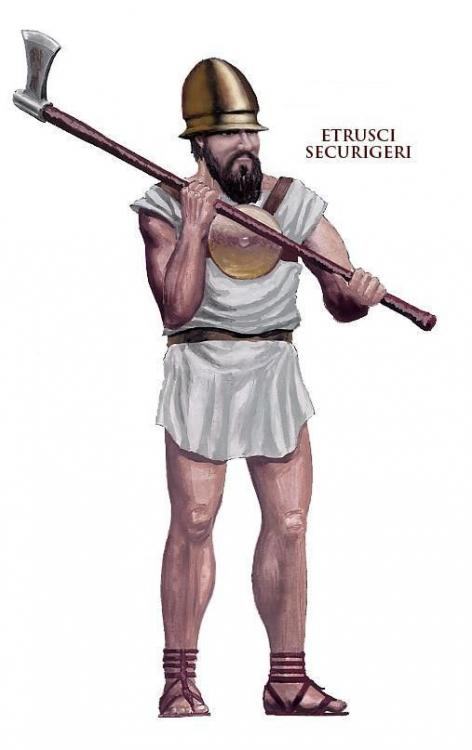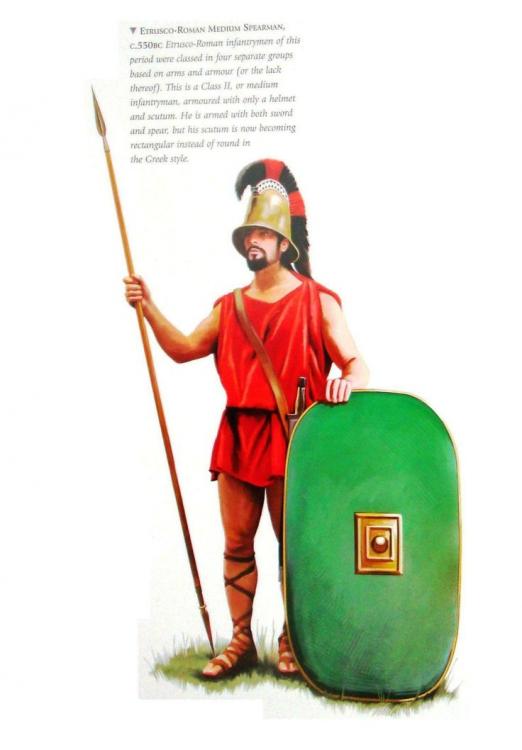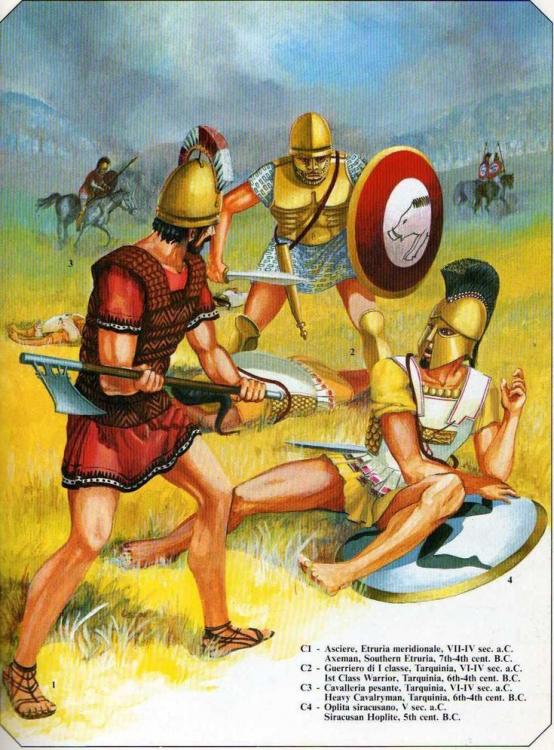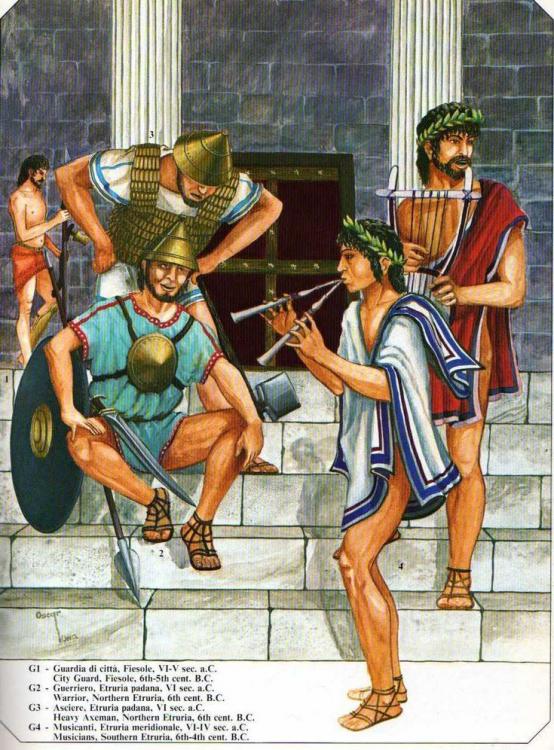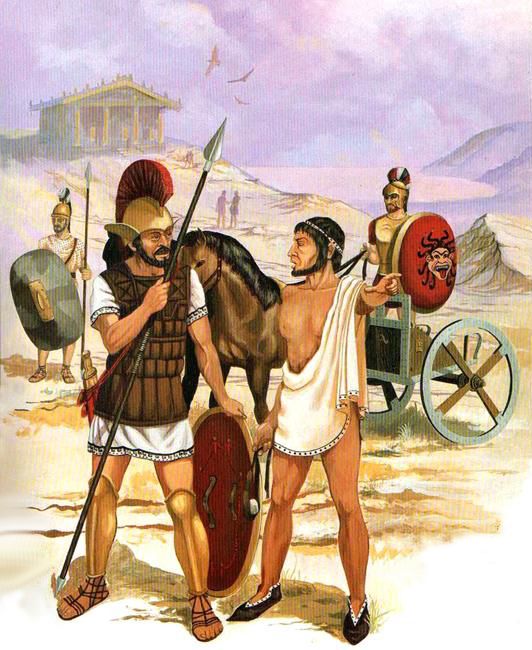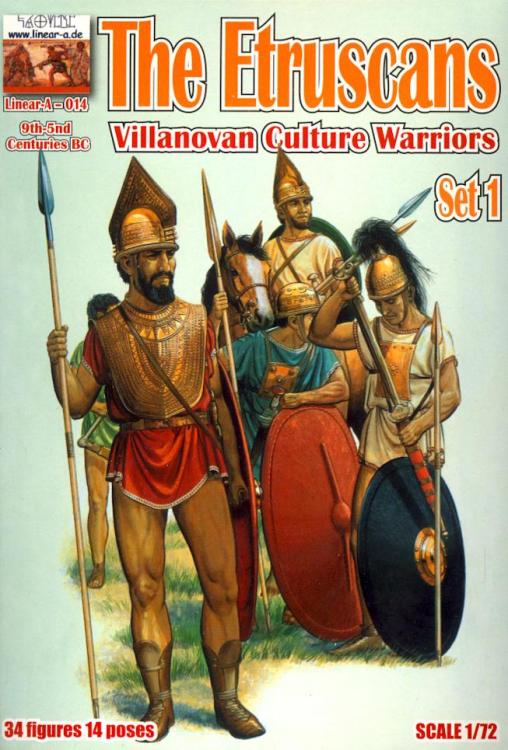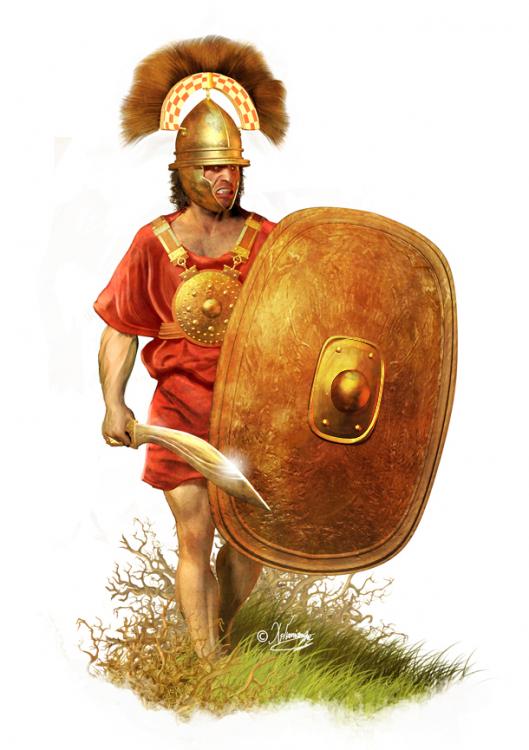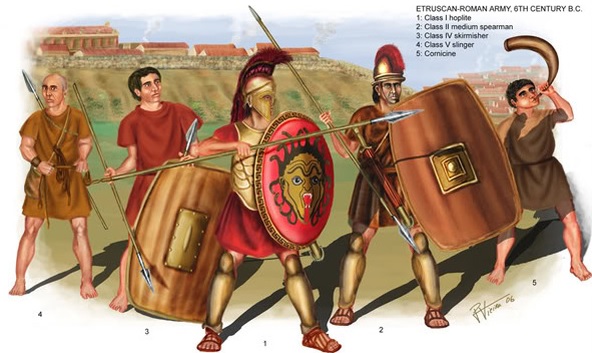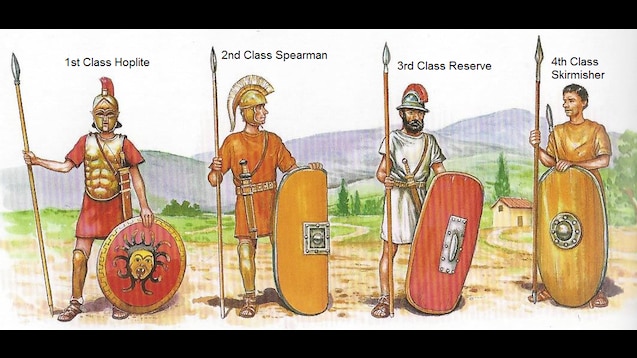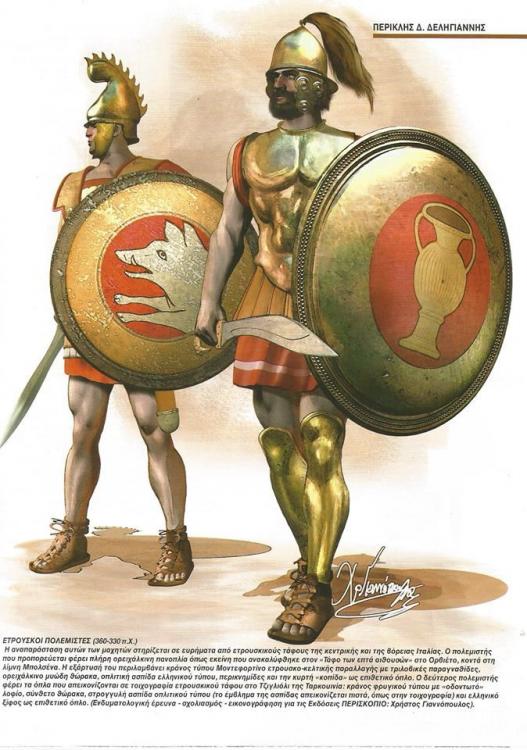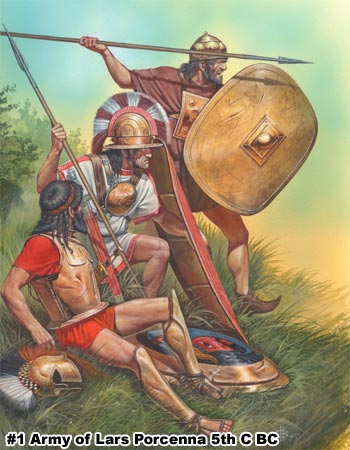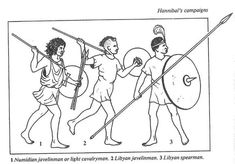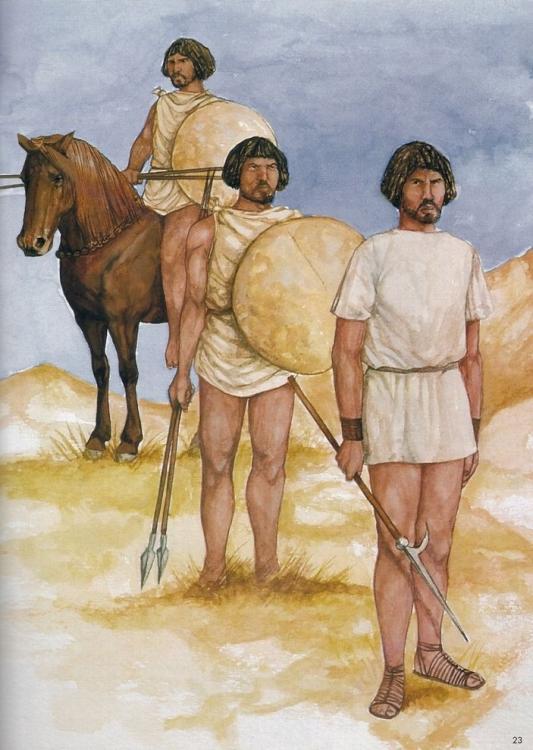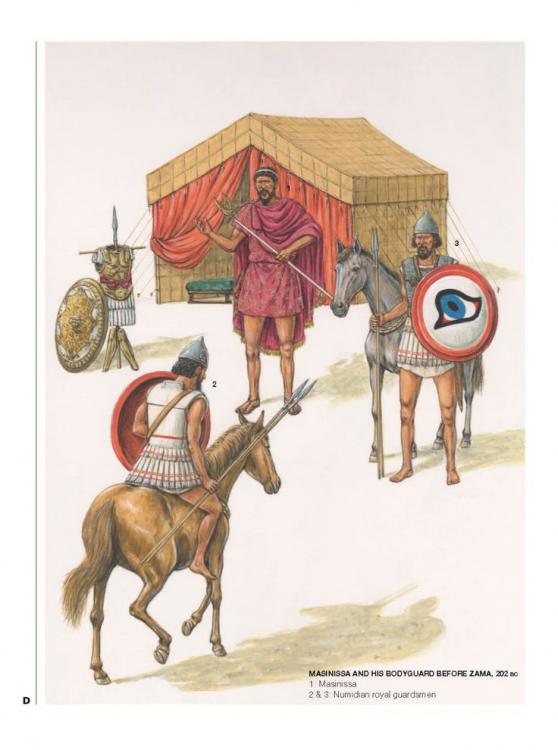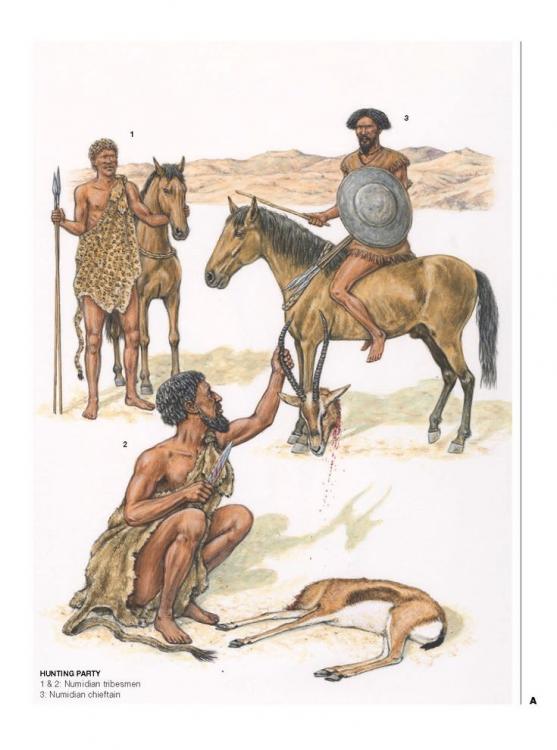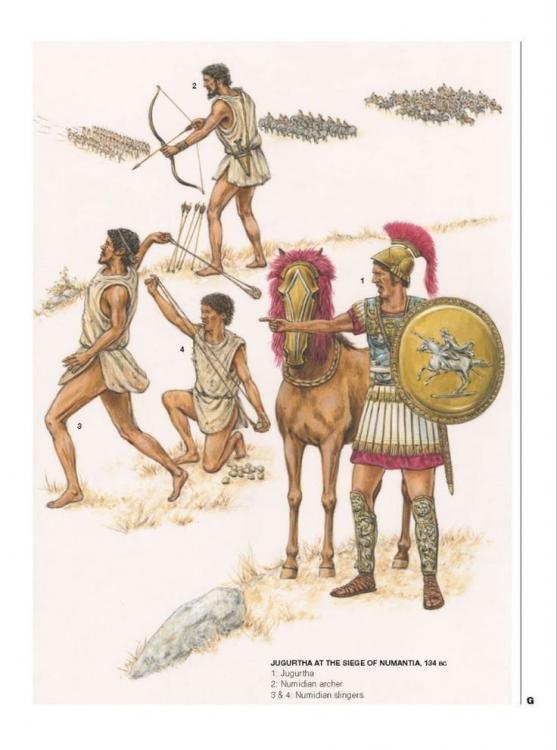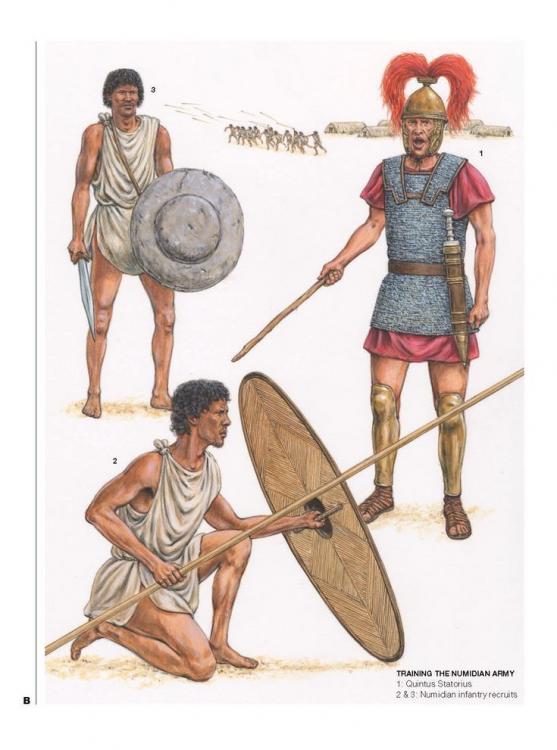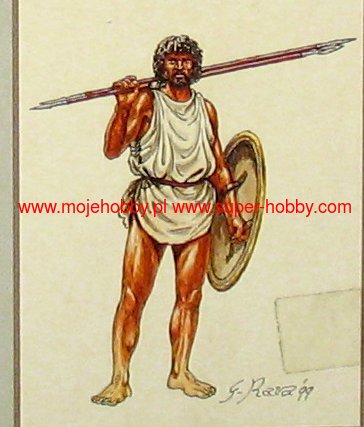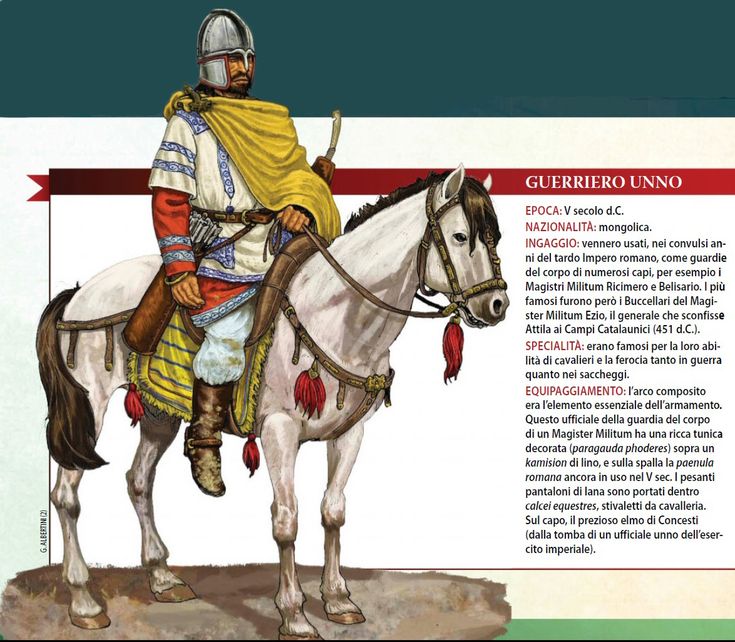-
Posts
25.684 -
Joined
-
Days Won
302
Everything posted by Lion.Kanzen
-
Check this gameplay, a lot criticism with the look of units. One thing I agree with him is that our javelin thrower does not have the wooden mechanism with which he throws the Mesoamerican javelin of Atlat. @Duileoga toma nota
-
Urine Tax Collector https://en.m.wikipedia.org/wiki/Pecunia_non_olet A tax on the disposal of urine, an important ingredient to the Roman chemical industry, was first imposed by Emperor Nero under the name of vectigal urinae in the 1st century AD. The tax was removed after a while, but Vespasian re-enacted it around 70 AD in order to fill the treasury.[2] Vespasian imposed a urine tax on the distribution of urine from Rome's public urinals (the Roman lower classes urinated into pots, which were later emptied into cesspools). The urine collected from these public urinals was sold as an ingredient for several chemical processes. It was used in tanning, wool production, and also by launderers as a source of ammonia to clean and whiten woollen togas. The buyers of the urine paid the tax.
-
About Dwarf seller The Roman Empire actually imported dwarves from around its territories to fight them in dwarf "battles" in the Colosseum's games (circa 100 AD). The Roman crowds apparently thought that was pretty funny, and it provided comic relief from all the real killing, so the officials running the Colosseum would base specialty acts around dwarves/midgets boxing each other, and would similarly showcase other 'foreign oddities' (ex. supposed Amazons) collected from around the empire.
-
.thumb.png.ce58cea22940c255f5b0a735d5abee36.png)
offering help as noob illustrator an(and some suggestions)
Lion.Kanzen replied to carpinchonegro's topic in Delenda Est
Honduras pero tengo muchos amigos argentinos en línea desde hace años. -
Do not take it as a reprimand or scolding. Delenda est is not as popular in multiplayer as the base game or the official civilization mods. I've rarely seen it in multiplayer I've never tried it. I almost always test developer versions
-
It reminds me of a reprehensible (but funny) advertisement for the national women's day in my country. It said: we will give you sausage on women's day.
-
I mean animal meat, No human sausage. Lol.
-
Since A15 the balance of troops was chaotic. And it never took seriously the role of the units or the historical function on the battlefield. That's why that balance was better thought out in DE since it was conceived. But now for the first time without hard counters it has reached the same kind of quality.
-
I a correct answer : By definition, auxiliae were any non-citizen troops supporting the Roman army. The nature of these troops’ training, quality and equipment varied and they were as diverse as teh timeline and evolution of the Roman army itself. As such you cannot have any definite answer to this question. It would be like asking whether the US Marine uses muskets in hand to hand combat since, you know, US Marines in the 1800s used muskets, and therefore so did the guys in Fallujah, right? In the earlier period of Roman rule, yes they did, but so did the legionaries themselvse, whether hoplites or as triarius. The Romans knew that they would need some spearmen, but not bother themselves so much about it themselves since allies can just provide them. As Rome expanded as an overseas empire, many tribesmen from Gaul, Iberia, Germans and Greeks would join the Romans as part of auxuilia corps.
-
-
https://www.youtube.com/live/DZZIOGwsWhk?si=p42PqFQAarMv2PlX When it has emojis it won't let me paste a video only the link.
-
Isn't Spanish It sounds very strange language.
-
.thumb.png.ce58cea22940c255f5b0a735d5abee36.png)
Civ: Dominate Romans (late Rome)
Lion.Kanzen replied to wowgetoffyourcellphone's topic in Delenda Est
Economic historians point to the emergence of Feudalism here. he Roman Road to Feudal Serfdom ...was an imperial road. Monday, October 10, 2016 Donald J. Boudreaux Politics Ancient Rome Regulation Taxation Here’s a post from ten years ago; it features some important history from ancient Rome – history that’s important because of the relevant warning that it offers to us today, namely: government economic interventions in general, and mandated price controls in particular, are barbarous. Feudalism Sparked by Rome’s Regulations On pages 642-643 of Will Durant’s remarkable book Caesar and Christ(1944) he discusses Diocletian‘s economic policies. (Diocletian reigned from 282 to 305 A.D.) In years of peace Diocletian, with his aides, faced the problems of economic decay. To overcome depression and prevent revolution he substituted a managed economy for the law of supply and demand…. To ensure the supply of necessaries for the cities and the armies, he brought many branches of industry under complete state control, beginning with the import of grain; he persuaded the shipowners, merchants, and crews engaged in this trade to accept such control in return for government guarantee of security in employment and returns…. In 301 Diocletian and his colleagues [joint rulers of an administratively divided empire] issued an Edictum de pretiis, dictating maximum legal prices or wages for all important articles or services in the Empire…. The Edict was until our time the most famous example of an attempt to replace economic laws by governmental decrees. Its failure was rapid and complete." ------ It would be interesting to have a loyalty system with some units, if you raise taxes to a very high level your units lose loyalty and become foragids and bagaudae, like neutral player (Gaia). You could capture it again or they would simply walk around the map creating problems in exchange for money. You would have fewer units in exchange for money, it is like exchanging population space for money, Obviously it should have limits. Maybe it could be a mechanic on some single player map. ----- Durant goes on to explain how these economic regulations, combined with higher taxes, caused people to engage in unprecedented levels of hiding their productive activities from the state and in to fleeing Rome. Medieval feudalism, Durant argues, finds its chief root in the restrictions that Diocletian and his successors imposed as they attempted to tie people to the land in order to prevent them from fleeing: "It was probably to check this costly mobility, to ensure a proper flow of food to armies and cities, and of taxes to the state, that Diocletian resorted to measures that in effect established serfdom in fields, factories, and guilds [p. 644]." Durant concludes this discussion with the sorrowful observation that relatively few Romans protested, as they apparently were hoodwinked into believing that in exchange for their freedom they were gaining greater security. https://fee.org/articles/the-roman-road-to-feudal-serfdom/ -
.thumb.png.ce58cea22940c255f5b0a735d5abee36.png)
Civ: Dominate Romans (late Rome)
Lion.Kanzen replied to wowgetoffyourcellphone's topic in Delenda Est
Hunnish Mercenary It should be the improved version of Hippotoxotoi. Maybe swordmen (cavalry)when we have the secondary attack available. -
.thumb.png.ce58cea22940c255f5b0a735d5abee36.png)
Newbie Question re: Permanent Ceasefire
Lion.Kanzen replied to mmd6449's topic in Gameplay Discussion
There is no cease-fire as such. I don't know if changing perspective in the developer menu can change diplomacy.



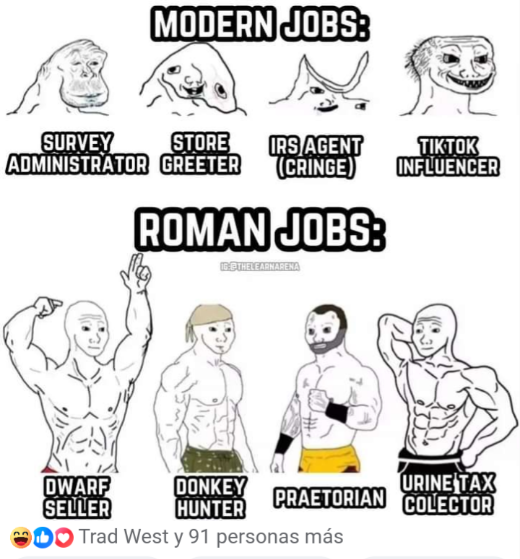


.jpg.8a6aab4287123d72c10123d7e33475b2.jpg)
.jpg.1ceea3840a02f2adfbf1a2b67e35d834.jpg)
